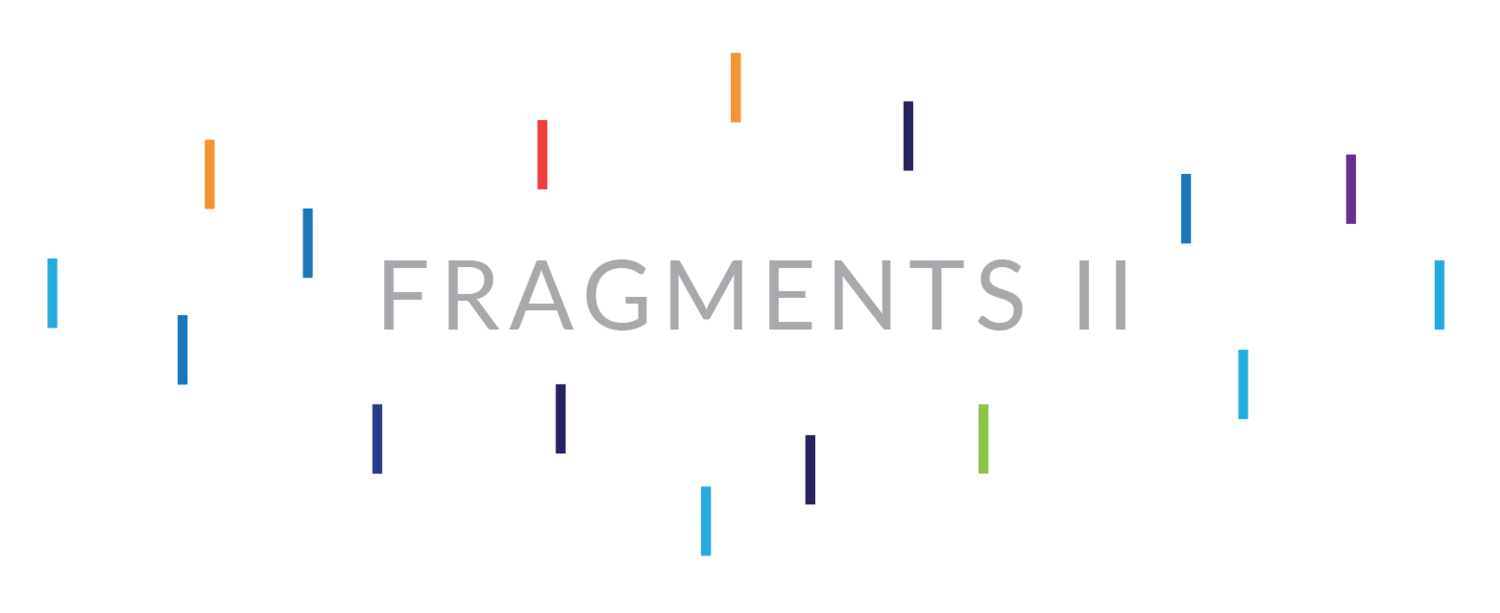Communicating Learning and a Story of Two Trees
Nothing makes sense until we tell a story.
You've heard it before, but it's worth repeating: Without stories, human life is an infinite collection of meaningless, chaotic, and disconnected moments where nothing makes sense.
That's the bad news.
So, throughout human history, we have fought against the "white noise" of our existence by telling stories in words and pictures. We have woven narratives like quilts and, in doing so, have sought to join the dots, make meaningful patterns, and, ultimately, decipher the chaos of our existence.
Inside the school gate, it's the same. We sometimes forget, but the reality is that to anyone on the "outside", the business of learning is just as baffling.
In short, despite their efforts and our endless cliches and glossy photos, there are still plenty of people that simply have no idea what's really going on.
And if you are not convinced, take a moment to notice what happens when you walk a prospective family around your school and into a grade 4 classroom. You can see it in their eyes. They see desks, a teacher, books, pencils and computers. They see each individual discernible shape, but they don't see how the pieces fit together. And they certainly aren't able to recognise learning when it is happening. The best they can do is draw upon their own story of learning from way back when.
Our task, then, is to be the "Storycatchers", turning these endless 1s and 0s into meaningful, beautiful, engaging patterns that both resonate and ring true.
How we do it?
We might begin by saying that our story is our mission.
Yes and no.
To explain, take a look at the two images below. The object on the left has the appropriate shape and structure to be clearly recognisable as a tree. And, apart from looking a little dry or even dead, there is nothing wrong with the tree. There is no comparison, however, with the image on the right, which is powerful enough to create an emotional response; such is the aesthetic quality of seeing a tree in blossom. There's just so much life.
The point is this: we need our guiding statements because they somehow provide the frame and structure to our story. They provide the lexicon and the grammar. But we cannot stop there, or we will continue to create websites that are more like manuals than novels - all too dry and more than a little dead.
So let's return to the idea of being a "Storycatcher" and think about the way in which it compels us to dig deep, to uncover, to pursue relentlessly, to demand, capture and bottle each individual, personal, powerful example of learning in our schools.
Each one of these moments, in the grand scheme of things, may be tiny, fleeting and perhaps even a little chaotic. But when pulled together and we all stand back to look, it's the most beautiful, meaningful thing we've ever seen.
So go find those Moments and nail them to your tree.




